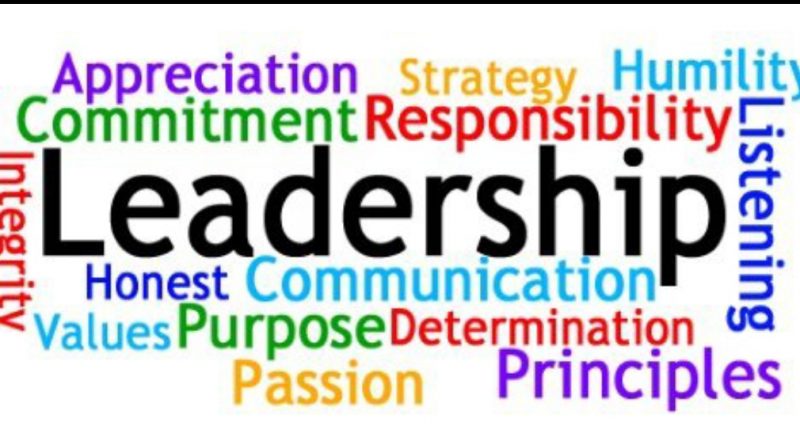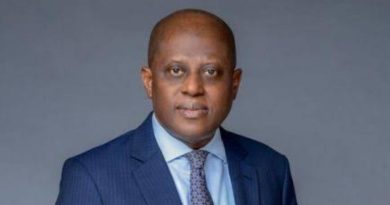ITS TIME FOR DEVELOPMENT OF LEADERSHIP SYSTEM IN NIGERIA
Margaret Akpa
In this part of our world, we have not had sufficient experience as to what leadership is about. So, it’s actually very difficult for people to describe what kind of leadership we want. This is because we are used to our form of governance that I call ‘rulership’. What we have under the current governance system in this country is ‘rulership’ not leadership.
A leader communicates vision, which is the desirable future. When you appoint, elect or select a leader, the first responsibility is to map out a strategy for a better future and to communicate that vision. A ruler does not communicate and does not draw a vision; there is no vision as to where you are going. So, when you watch the kind of people we have produced overtime in this country, how many of them have shown visions that involve and encompass all Nigerians?
We want a leadership that talks to the people and empathises with them. We want a leadership that is able to look into the eyes of the people and give them hope and encouragement in the midst of uncertainty; a leader that helps those who are in despair to understand that tomorrow will be better. We want a leader who makes sacrifices and encourages people to do so as well to better the future of our country and that of our children’s children.
what would you proffer as a solution to the leadership challenge in the country right now?
We need a long-term solution but people want a quick fix. And I always say this – you cannot discuss a new Nigeria with the hungry Nigerian. They won’t listen. So whatever solution we have to proffer, we have to break it down into different parts: The immediate solutions that can help cushion the effect of poverty and suffering; the medium one that gets results in the short term and a long lasting one where we should focus our attention on.
For us to solve our political problems, crisis and leadership issues, the institutions that are still standing should live up to their responsibilities. The religious institution is one. The leadership model demonstrated by those in leadership offices in our churches and mosques will go a long way to inform how people behave in the society. When we go to our churches and our pastors are sitting on gold-plated thrones, looking expensive and flamboyant, we are communicating something to the people. That has to be corrected. That is an institution that should model justice, simplicity and humility for people to emulate. But when people go to church and they see that kind of lifestyle, they want to desire that kind of lifestyle. Religious bodies are doing a lot of amazing works in schools and community charity projects but we need to do more.
There are other institutions that have the trust of the people, and that is what we should use to help Nigerians develop a sense of obedience to the law and do away with lawlessness. People who go to churches or mosques still cheat; they falsify documents and their age. You cannot be a religious person and yet practice those things. You must be the light of the world to change things. We have a way of conditioning people’s minds. If we condition the mind of the people to ensure that they believe in the value of honesty, things will work out.
Again, we need more investment in the educational system to develop quality, creative and innovative minds that will carry out research and development and produce products or services that can serve Nigeria instead of importation. Our young Nigerians are very entrepreneurial they just need enabling environment.
Barrister Margaret Akpa is a human rights lawyer based in Abuja, Nigeria.
margaretakpa77@gmail.com
Image Credit: Google




